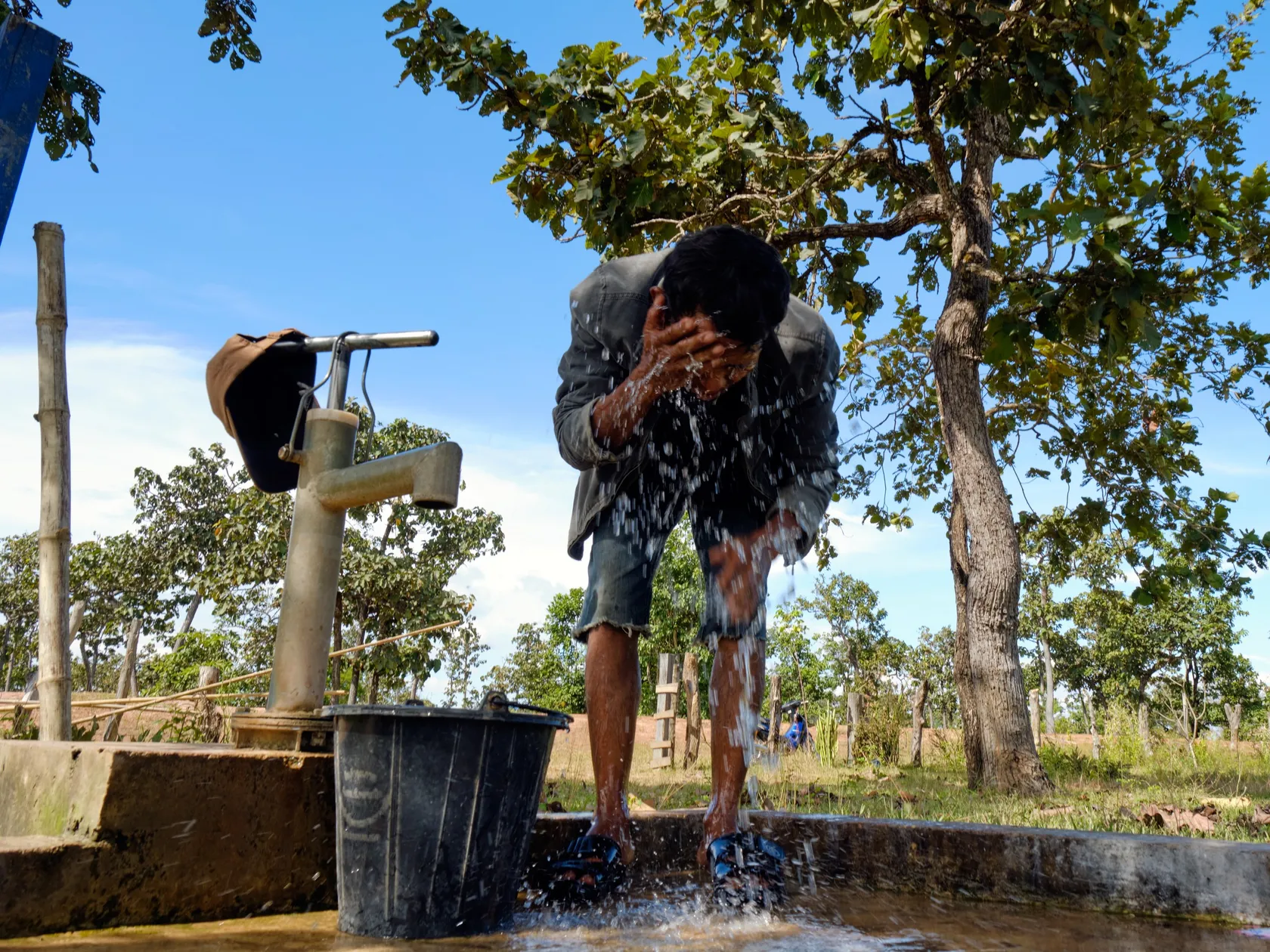
Rural WASH in five countries
[Full title] Climate resilient and inclusive rural WASH systems and services in practice: Case studies from Nepal, Bhutan, Lao PDR, Mozambique, and Ghana
Abstract
Rural water, sanitation, and hygiene (WASH) systems are increasingly vulnerable to the impacts of climate change, including service disruptions, and infrastructure failures. Impacts are felt inequitably. Emerging thinking emphasises that resilience must go beyond physical infrastructure, i.e., recognising the roles of governance, social inclusion, and environmental dynamics. This case study report, prepared in partnership with UTS-ISF, synthesises emerging lessons from the implementation of SNV’s Climate Resilient Rural WASH (CRRWASH) approach in Nepal, Bhutan, Lao PDR, Ghana, and Mozambique. Integrating gender equality, disability, and social inclusion (GEDSI) with local government capacity building, SNV's CRRWASH approach shows pathways for inclusive and scalable climate-resilient WASH services. Findings provide strategic insights for advancing water security, operationalising climate-resilient WASH, and equitable adaptation in diverse contexts.
Bibliography
UTS-ISF and SNV, 2025. Climate resilient and inclusive rural WASH systems and services in practice: Case studies from Nepal, Bhutan, Lao PDR, Mozambique, and Ghana.
Donors & Partners
Australian government's Water for Women programme, Helmsley Trust, and the UK's Foreign, Commonwealth and Development Office
For more information
Contact the Global Coordinator of SNV's Climate Resilient Rural WASH programme, Gabrielle Halcrow, at water@snv.org.